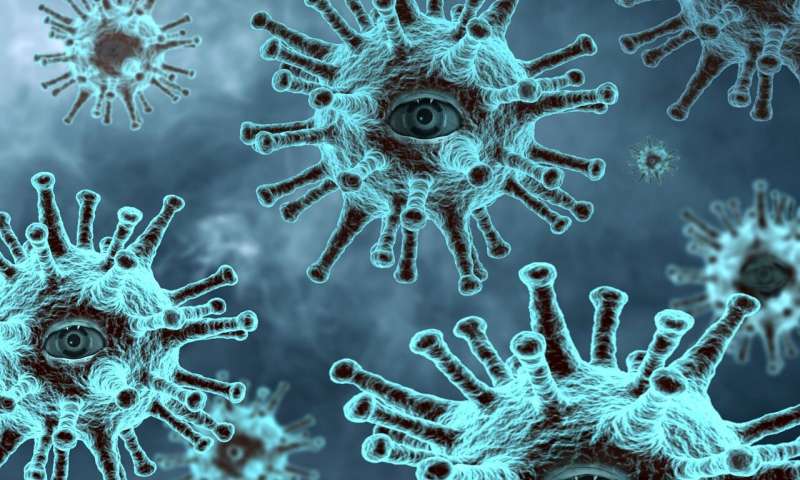Austria is planning “mass testing” for coronavirus to help a chart a way out of the second lockdown coming into force next week, Chancellor Sebastian Kurz said on Sunday.
Referring to a controversial mass testing programme in neighbouring Slovakia, Kurz told public broadcaster ORF that “we have decided here in Austria… to take a similar step”.
In Slovakia, two-thirds of the population were tested two weeks ago, with just over one percent testing positive.
On Saturday Kurz announced Austria was toughening its anti-coronavirus restrictions, shutting schools and shops from Tuesday until December 6 to get spiralling numbers of infections under control and urging Austrians to avoid all social contacts.
On Sunday Kurz said mass testing could help the country re-open in December, but it was not clear if the testing programme would be on the same scale as in Slovakia.
“We want to deploy mass tests at the end of the lockdown in order to enable a safe re-opening in schools and other areas,” Kurz said, adding that in the first instance testing would be focused on groups such as teachers.
He appeared to suggest the programme could then be widened to other groups in the population to make Christmas celebrations as safe as possible.
“We know it’s something close to many people’s hearts to be able to celebrate in a half decent way with at least a small number of their loved ones,” Kurz said.
He said that more details of the programme would be given next week.
The programme in Slovakia has involved the use of antigen tests.
They give far quicker results than PCR tests, which involve nasal swabs that have to be sent to a laboratory, but they are less reliable.
Kurz said that the advent of antigen tests meant “we finally have the possibility of buying millions of tests”, although he admitted that rolling out a large testing programme would be a “logistical challenge”.
Kurz himself has faced criticism for failing to take tougher action earlier in the autumn when coronavirus infections began to spike.
A partial lockdown was imposed two weeks ago in which non-essential shops were allowed to stay open but this failed to halt the spread of the virus.
The nation of 8.8 million escaped relatively lightly during the first wave of the pandemic but the health system has started to come under strain in the second wave.
Sunday’s new infection figure of 5,665 was lower than in recent days, with the number of active infections actually decreasing for the first time since October 2.
But the number of patients in intensive care has gone up by 30 percent in a week and is now at almost 600.
A total of 1,829 people have died after contracting the virus in Austria.


